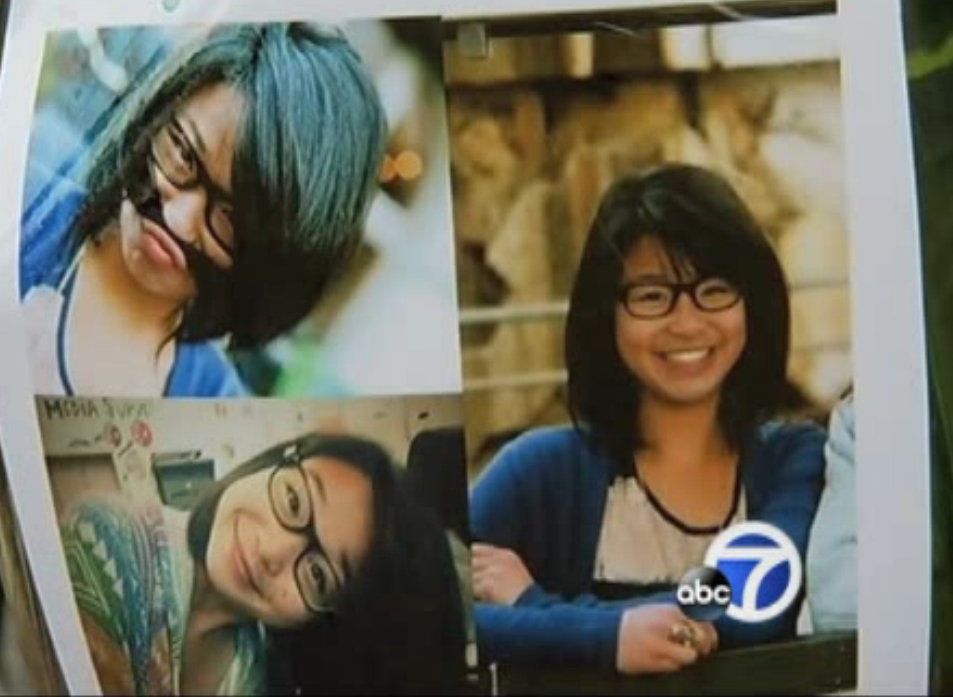
It's hard to imagine a more egregiously clear-cut case where a driver deserves a harsh prison term than when drunk driver Kieran Brewer ran over and killed a minor inside a crosswalk. Surely, unlike other cases where sober drivers killed pedestrians and faced few consequences, these circumstances would spur the judicial system into action.
Yet Brewer was sentenced to just six months in jail for driving drunk and killing Hanren Chang in a crosswalk on Sloat Boulevard last year, as she was returning home from celebrating her 17th birthday.

Brewer's total sentence includes six months in jail, six months in home detention, five years of probation, 300 hours of community service, and a nine-month treatment program for people who have driven under the influence, according to the SF Chronicle. Superior Court Judge Brendan Conroy also ordered Brewer to pay the family more than $4,700 in restitution.
In addition, Judge Conroy struck down a bid from the prosecuting attorneys to apply the state's "three strikes" law in this case. Prosecutors argued that Brewer inflicted great bodily injury, a crime that counts as a strike under the law.
"I don't think the interest of justice will be served if Mr. Brewer gets this strike," Conroy said in court, according to the Chronicle. "He has been consistently remorseful and cooperative with law enforcement."
Remorse and cooperation apparently go a long way in court. So, too, does committing manslaughter with a car rather than a gun. As pointed out in a blog post by GJEL Accident Attorneys, a Streetsblog SF sponsor, "Involuntary manslaughter shootings usually result in sentences of years, not months":
So why is a DUI vehicular manslaughter sentencing only six months? The answer is that drivers are generally not prosecuted to the fullest extent of the law, even in cases as terrible as Hanren’s death...
Drivers are often not prosecuted, or face lighter charges, because district attorneys find it difficult to convict since juries often sympathize with drivers. Jurors often see pedestrian deaths as tragic accidents.... As a result, penalties in traffic crimes are often diluted. In Brewer’s case, despite his clearly reckless, irresponsible actions, he received the same sentence as an Oakland man that was just convicted of recycling fraud....
In Sweden, home to the safest streets in the world... Vehicular manslaughter while under the influence carries a sentence of up to six years. These measures, combined with effective street design, have reduced traffic fatality rates to a level that is 74% lower than the US. In contrast, the message sent in the Bay Area and beyond is that it’s ok to kill pedestrians, even if driving recklessly or drunk, as long as you’re remorseful.
Cars are weapons. Every year in the US, more people are killed by cars than by guns. A crime should not be discounted because the weapon has four wheels, even if it was involuntary. For Hanren and her family, it made no difference. Tragedies like this are not inevitable; we choose to let them happen through the design of our streets and our enforcement of traffic laws.
It was promising to hear District Attorney George Gascón's announcement in February that he plans to hire an attorney dedicated to prosecuting vehicular manslaughter cases. However, that effort might not go very far if judges apply different standards to those who kill in a clear-cut, fatal DUI crash versus those who kill by other means. No amount of legal specialization can change an unwillingness to treat traffic violence as a serious crime.





